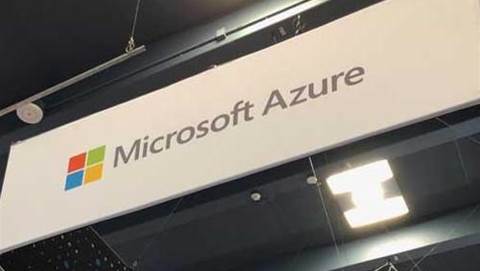Miller's group has come up with a new approach to replace technologies such as tape libraries.
The Pergamum technology uses hard disk drives to provide energy-efficient and cost-effective storage.
The declining cost of hard drives has made them competitive compared with tape, and they offer numerous advantages for searching and retrieving data, according to Miller. "It's like the difference between a VCR and TiVo," he said.
Pergamum, named after the ancient Greek library that made the transition from fragile papyrus to more durable parchment, is a distributed network of intelligent, disk-based storage devices.
The team that developed Pergamum includes UCSC graduate students Mark Storer and Kevin Greenan, along with researcher Kaladhar Voruganti of NetApp (formerly Network Appliance).
"There is a risk that an entire generation's cultural history could be lost if people are not able to retrieve that data," said Storer.
"Everyone is switching to digital cameras, but we have never demonstrated that digital data can be reliably preserved for a long time."
The researchers designed the system to provide reliable, energy-efficient data storage using off-the-shelf components. It also has the ability to evolve over time as storage technologies change.
"You want to avoid 'forklift upgrades' where you have to get rid of the old system and transfer all your data to a whole new system," said Miller.


.png&h=140&w=231&c=1&s=0)

_(20).jpg&h=140&w=231&c=1&s=0)





 iTnews Executive Retreat - Security Leaders Edition
iTnews Executive Retreat - Security Leaders Edition
 iTnews Cloud Covered Breakfast Summit
iTnews Cloud Covered Breakfast Summit
 The 2026 iAwards
The 2026 iAwards












_(1).jpg&h=140&w=231&c=1&s=0)



